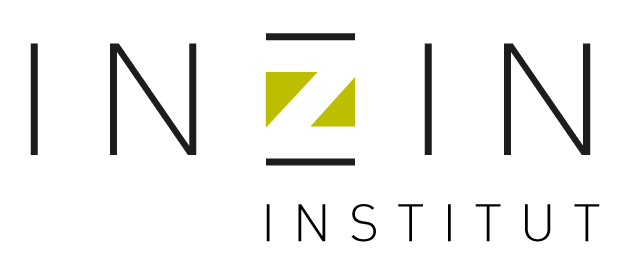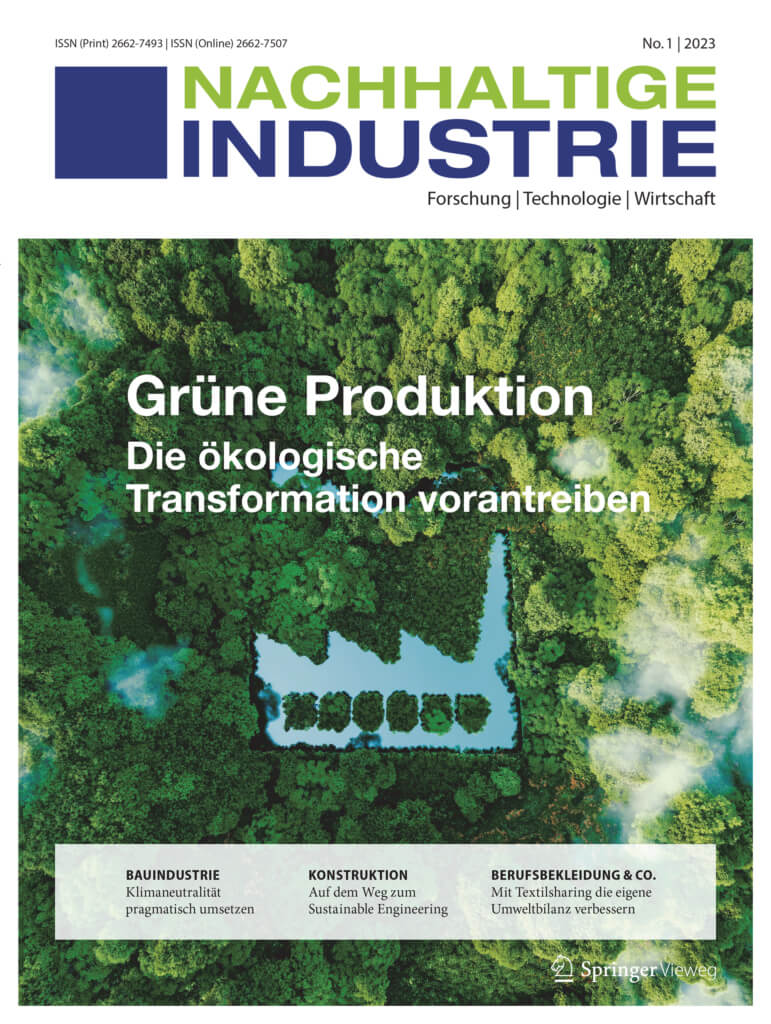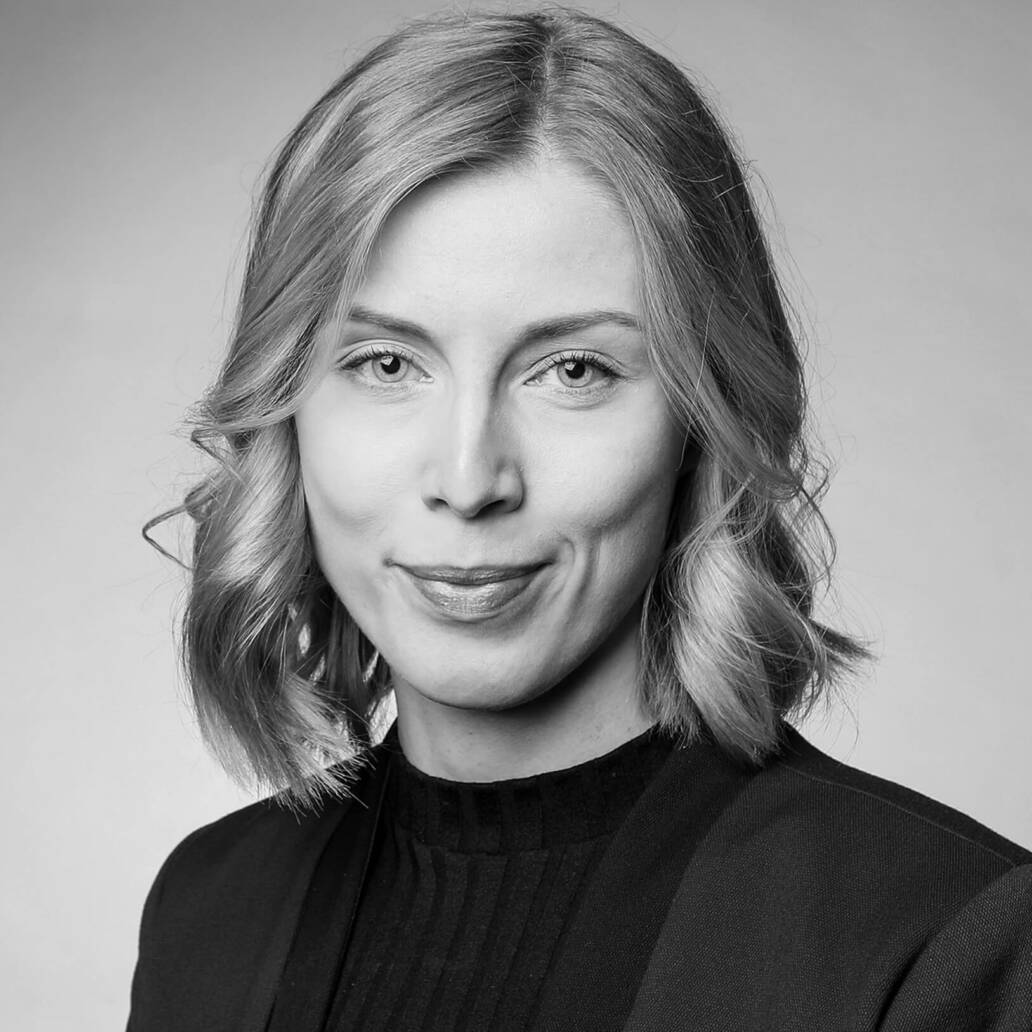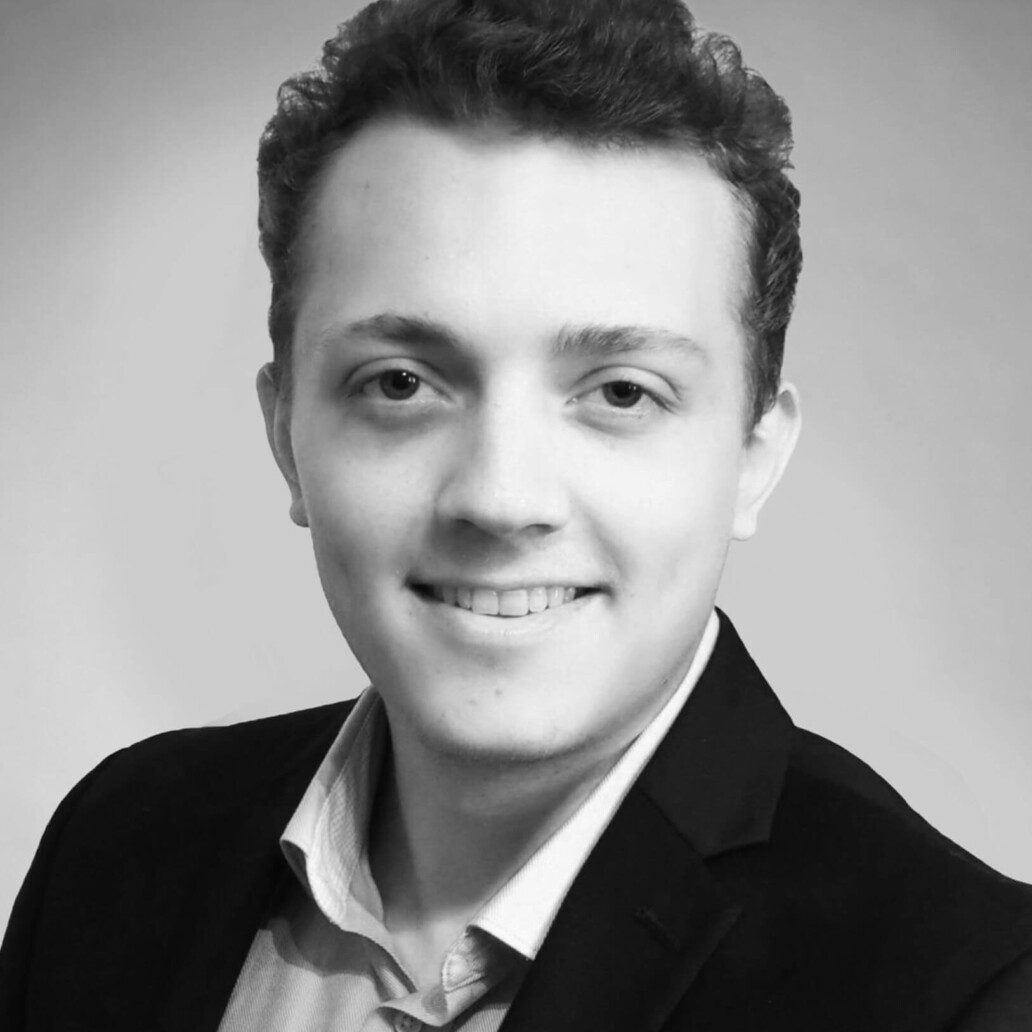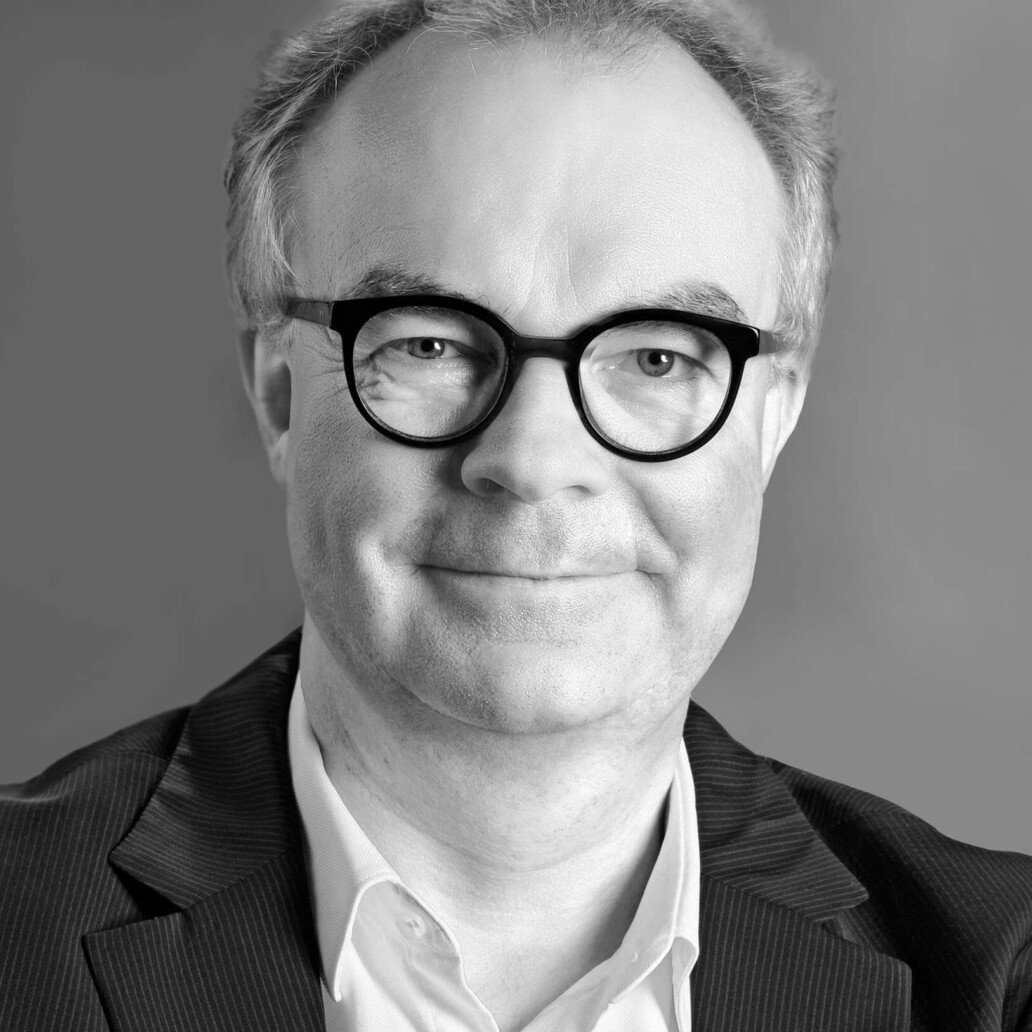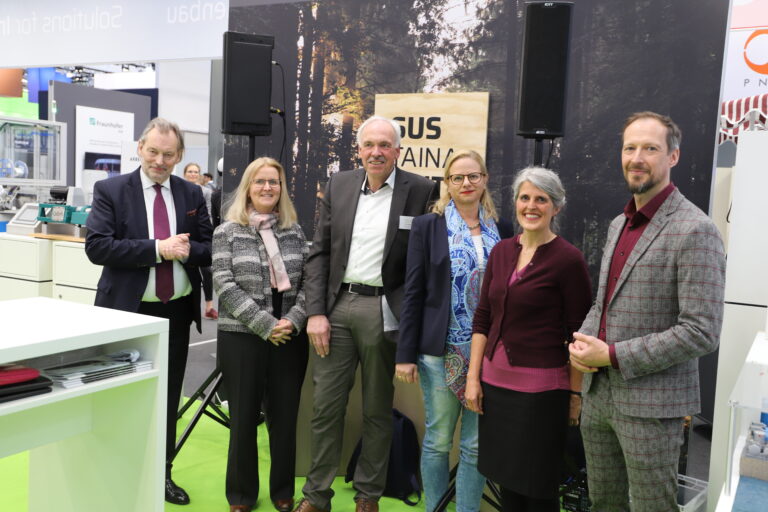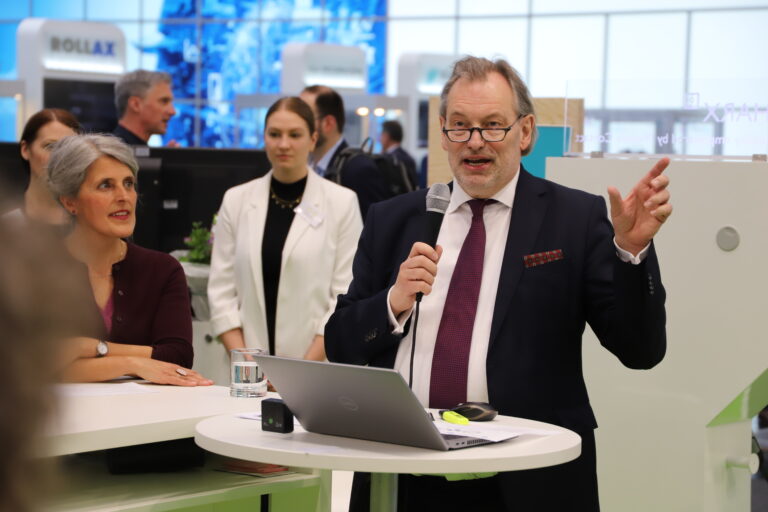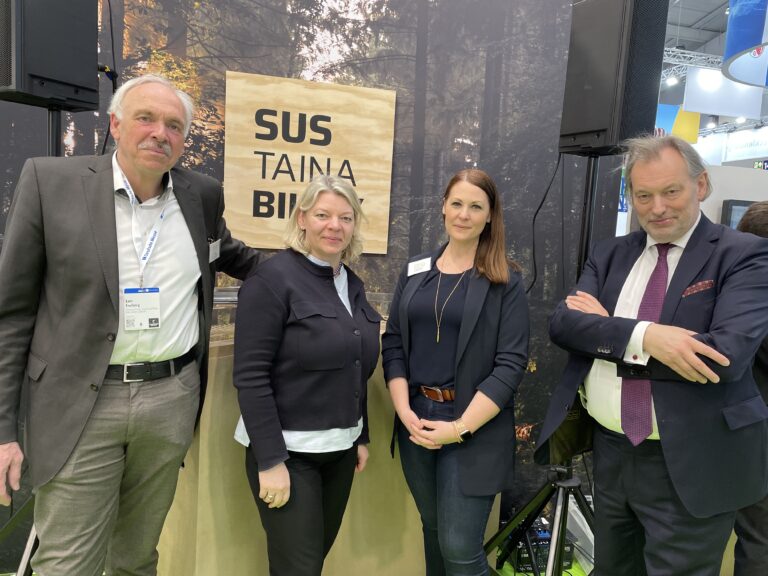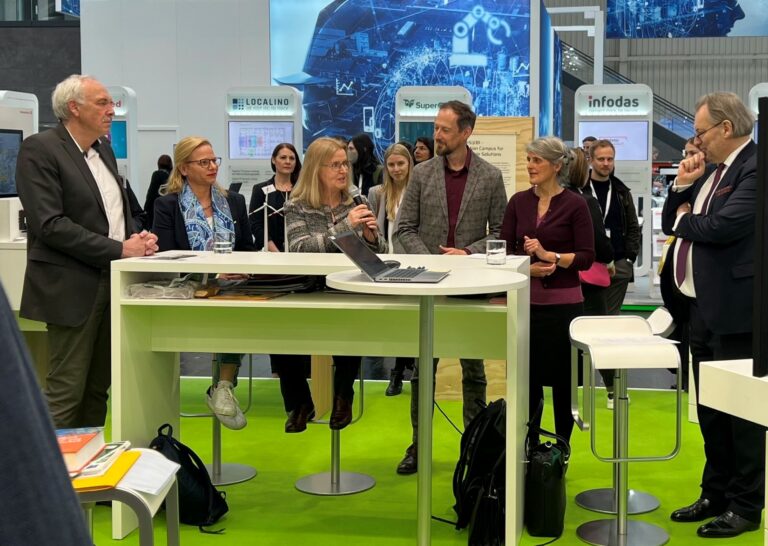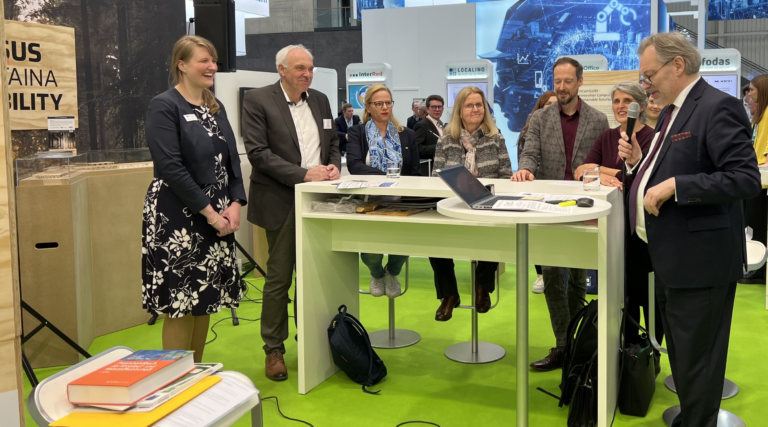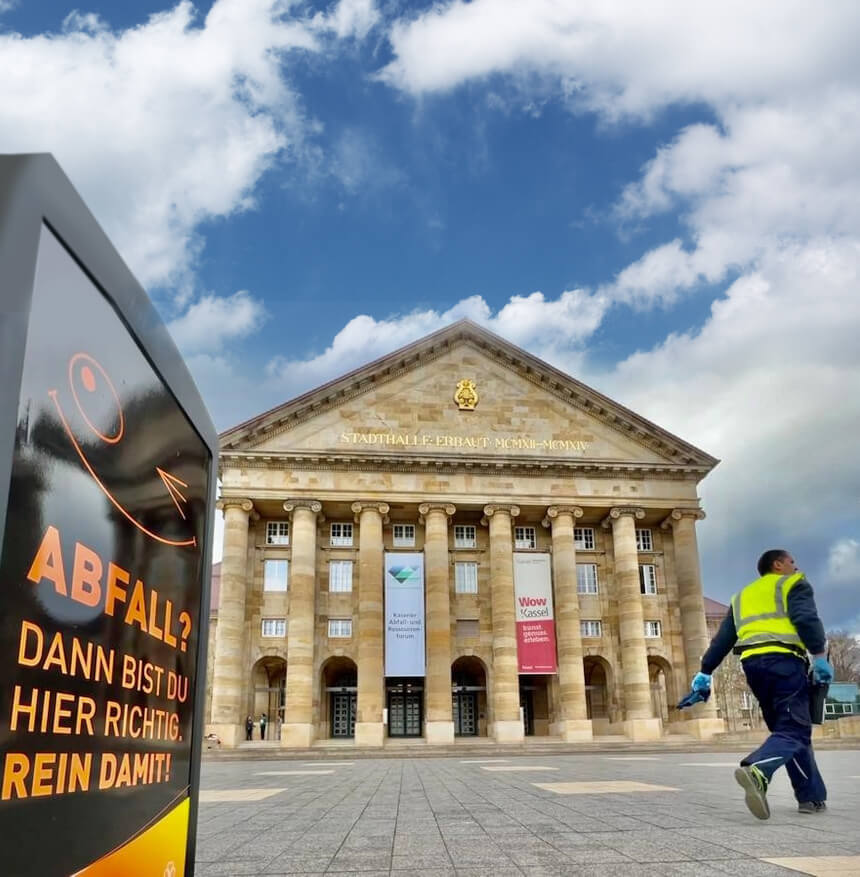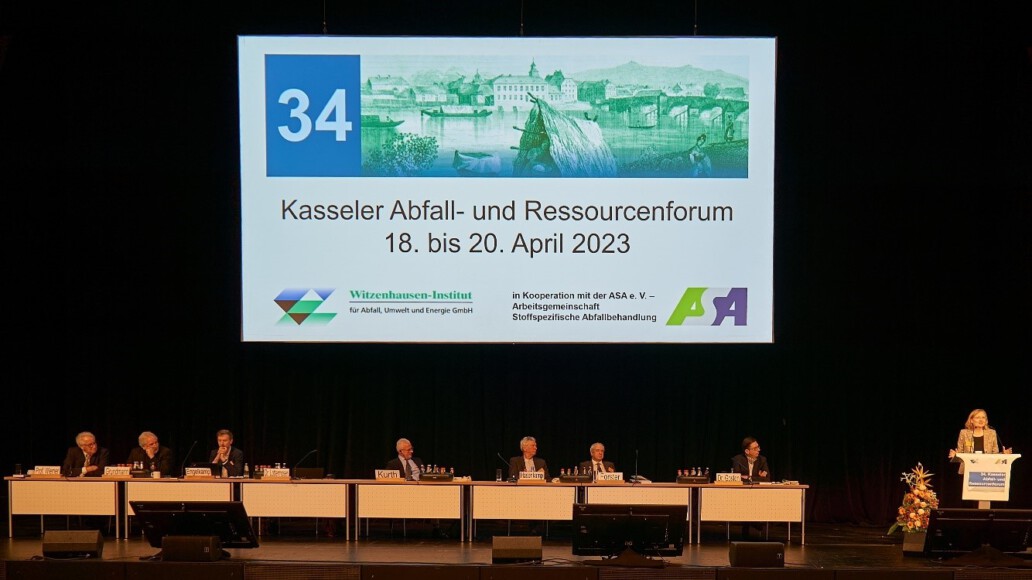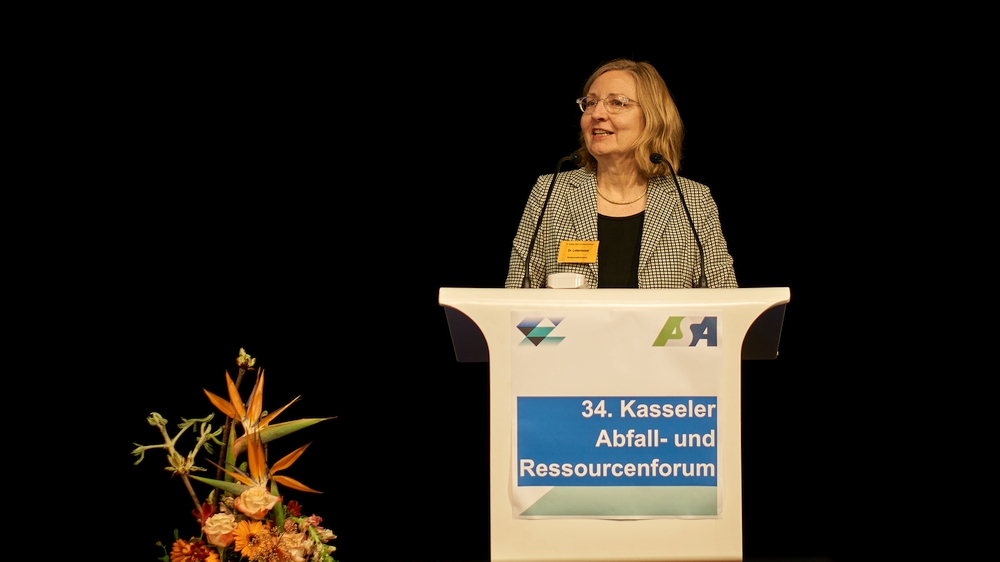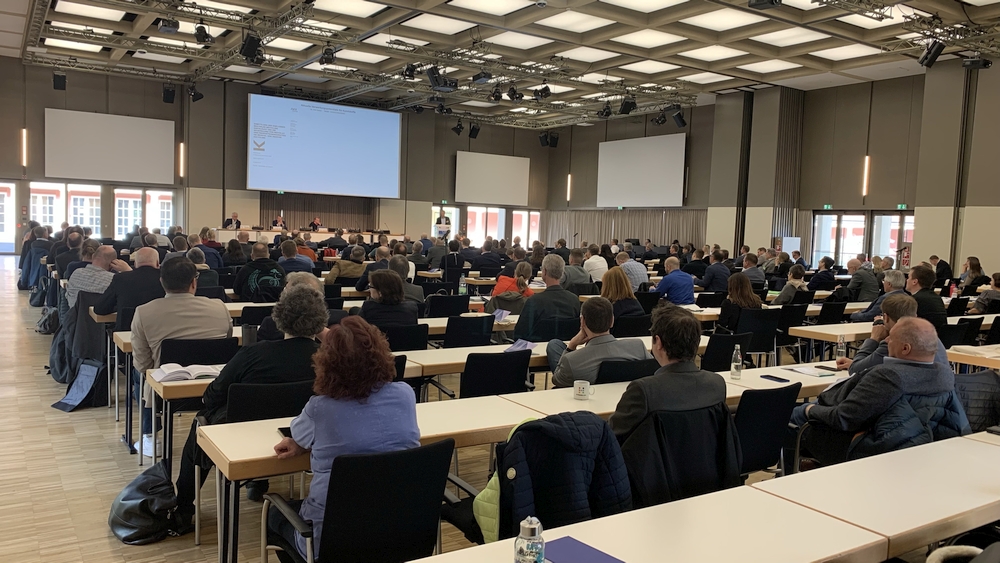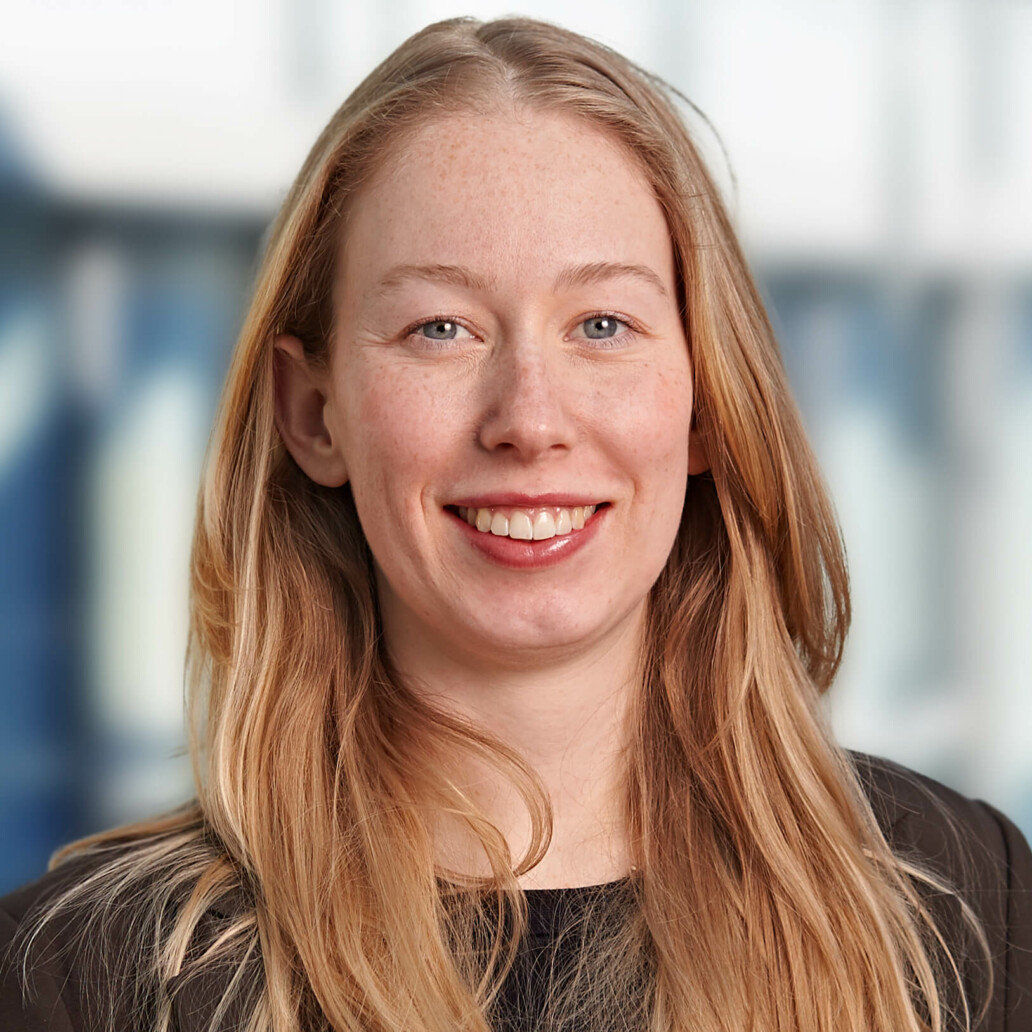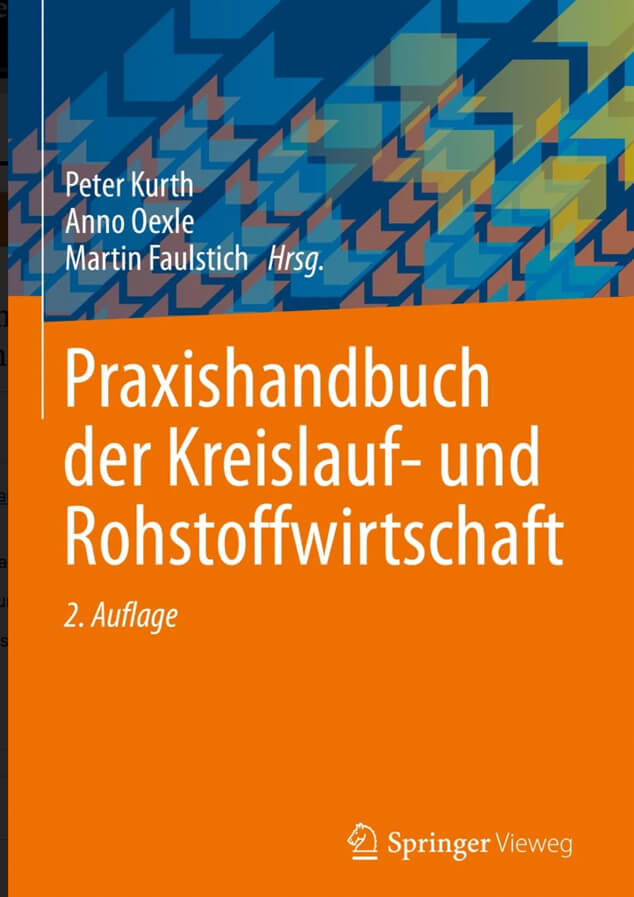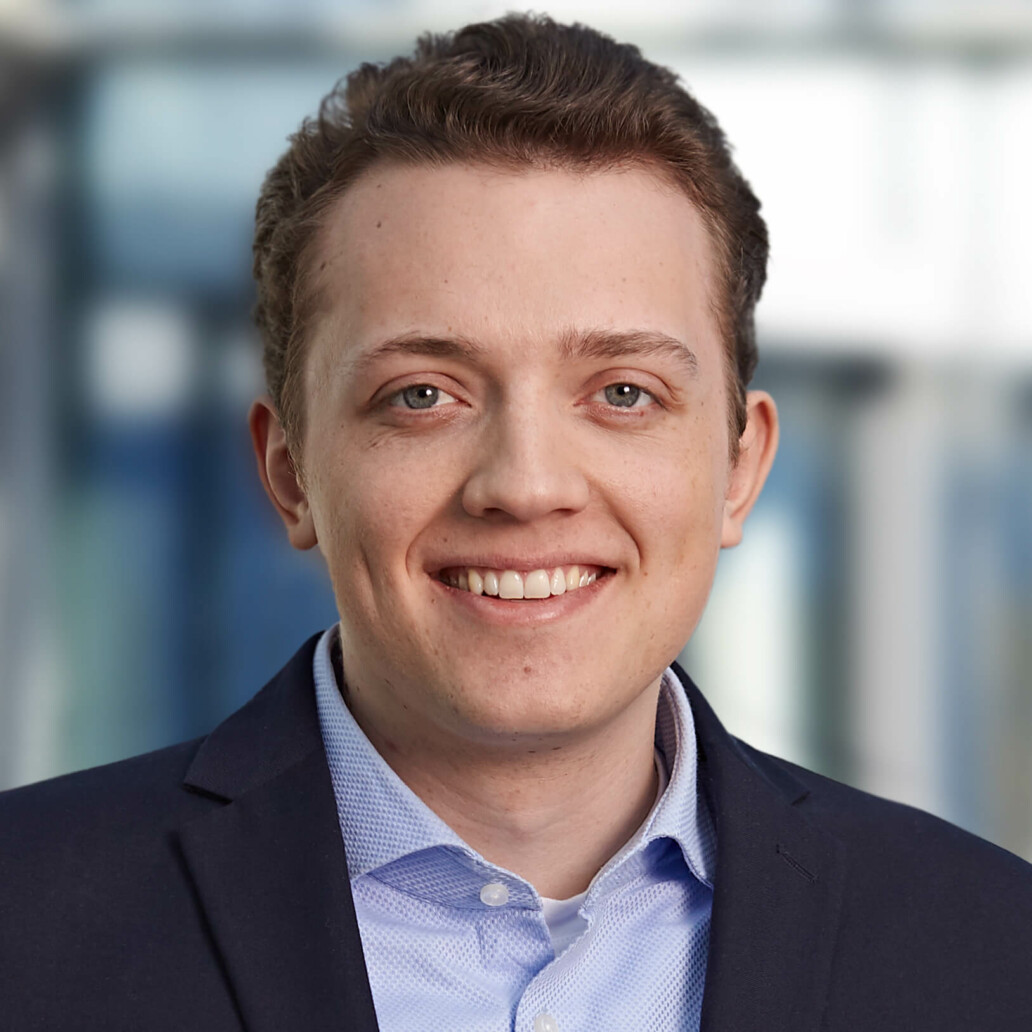Jule Jeschonowski-Papstein
admin
Master of Science (M.Sc.) Industrial Engineering,
Specialization in production/logistics/manufacturing
Contact
INZIN Institute
Werdener Str. 4
40227 Düsseldorf
E-mail: jule.jeschonowski(at)inzin.de
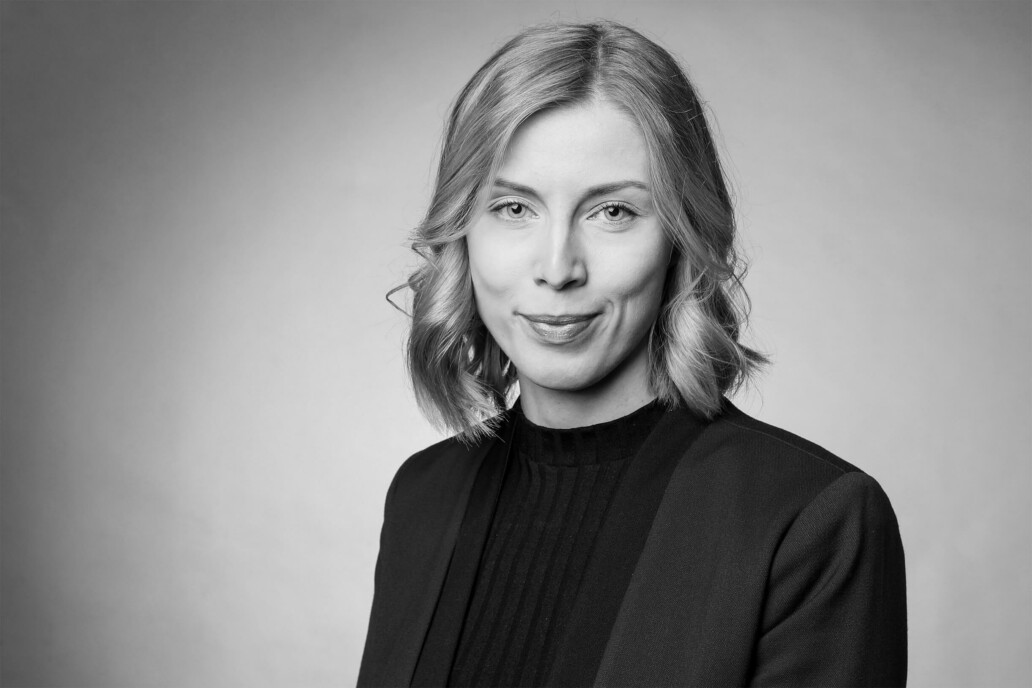
Vita
Jule Jeschonowski-Papstein, born in Nettetal in 1995, has been a scholarship holder at the INZIN Institute in cooperation with Veolia since October 2021. Previously, she worked as a research assistant at the University of Wuppertal in the teaching and research area of construction management and construction industry in the field of modern construction management as well as the digitization and optimization of processes within the framework of BIM. She studied industrial engineering with a specialization in production/logistics and manufacturing at the HS Niederrhein and HS Hamm-Lippstadt. During her master’s degree, she taught statistics as a lecturer and also gained practical experience at Daimler, Deutsche Bahn and Andritz Küsters in the areas of project management and process optimization.
Research topic
In contrast to the linear product life cycle, a material or object in a circular economy becomes the starting product for a new object or material at the end of its useful life. A central aspect of this circular economy is ecodesign. Through a systematic and comprehensive approach to product design, eco-design reduces the environmental impact over the entire life cycle and is therefore one of the measures that attempt to decouple economic growth from resource consumption. There is a great need for research in this area, as previous political and legal efforts have mainly focused on the energy efficiency of energy-related products, but ecodesign also includes many different components (e.g. reparability, recyclability, minimum service life, etc.) that have received little attention to date.
Supervision
Place of doctorate: TU Dortmund
Keywords
Konstantin Saure
admin
Master of Engineering (M. Eng.)
INZIN Institut
Werdener Str. 4
40227 Düsseldorf
Tel.: +49 157 54729602
E-mail: konstantin.saure(at)inzin.de
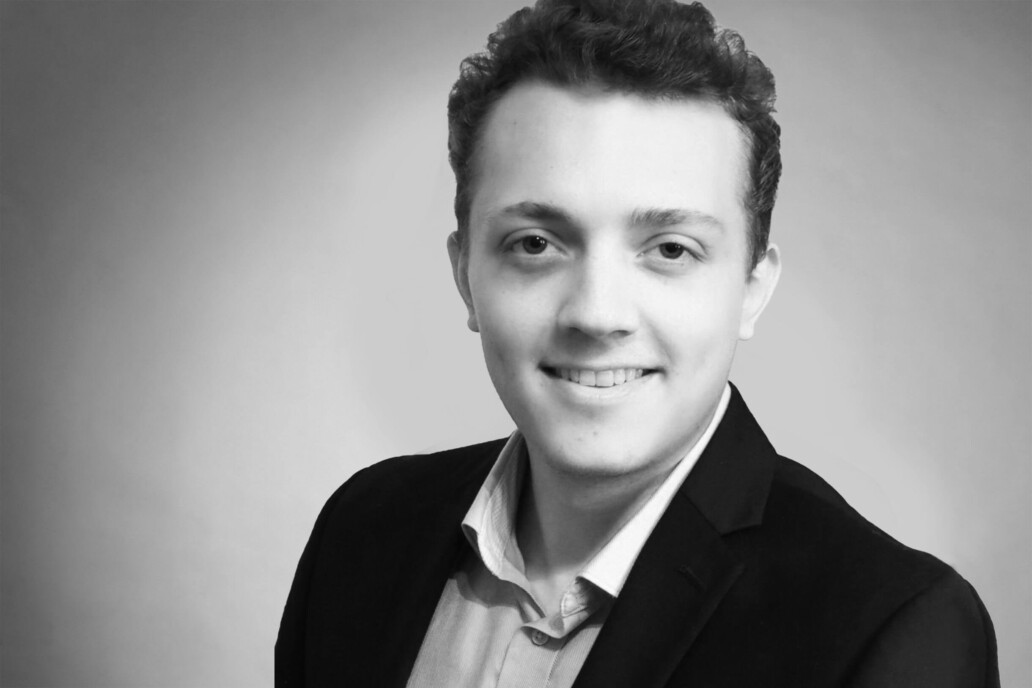
Vita
Konstantin Saure has been a scholarship holder and lecturer at the INZIN Institute since January 2023 and is develops a “Resource strategy for the state capital Düsseldorf” as part of his scholarship at Stadtwerke Düsseldorf. During his Master’s degree, he worked as a research assistant on the state-funded project “WIR!-Bündnis REEgion now – Regionales Wertschöpfungsbündnis Lifelines in NWB”. He completed his Master’s degree in the interdisciplinary course “Energy Efficiency of Technical Systems” at Brandenburg University of Applied Sciences. Prior to this, he completed his Bachelor of Engineering in Mechanical Engineering at the Bonn-Rhein-Sieg University of Applied Sciences.
Research topic
Supervision
Place of doctorate: Faculty of Spatial Planning, Technical University of Dortmund
Keywords
Circular economy, urban material flows, resource management
Andreas Hübner
admin
Graduate engineer in spatial planning
Dortmund University of Technology
Faculty of Spatial Planning
Chair of Resource and Energy Systems
August-Schmidt-Straße 10
D-44227 Dortmund
+49 151 22347908
E-mail: andreas.huebner(at)tu-dortmund.de
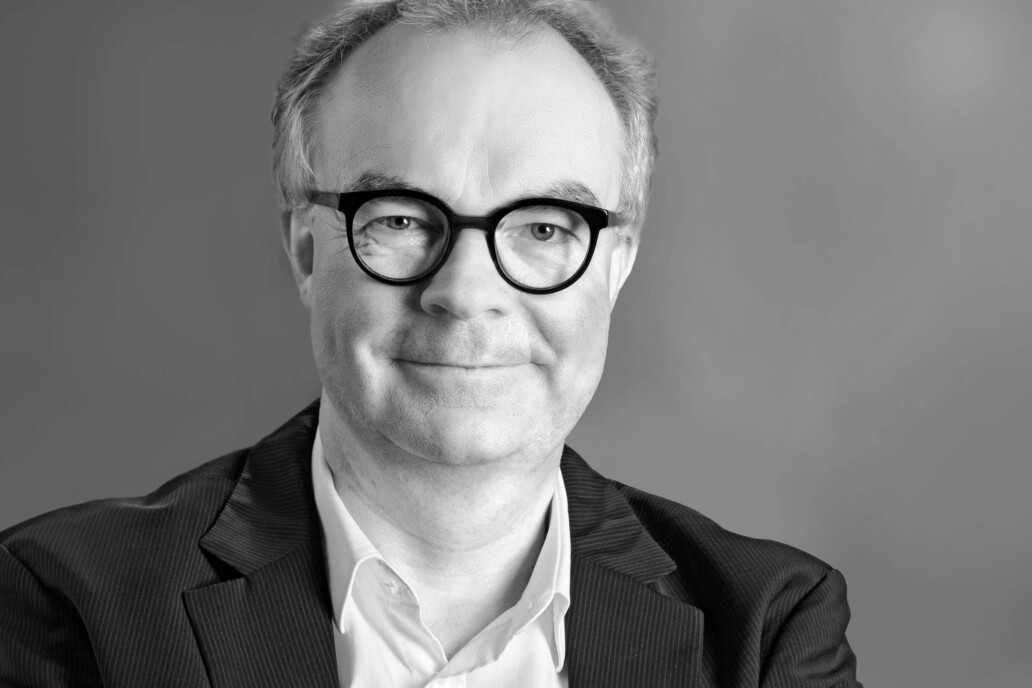
Vita
Andreas Hübner, born in Opladen in 1966, has been a lecturer in municipal climate protection since 2015 and a research assistant at the Chair of Resource and Energy Systems at the Faculty of Spatial Planning at TU Dortmund University since October 2022. He completed his studies in spatial planning from 1986 to 1991 and then joined Gertec GmbH Ingenieurgesellschaft in Essen in 1992, where he has been a partner since 2002 and Managing Director since 2015.
Special areas of focus are municipal and regional energy concepts as instruments of municipal climate neutrality strategies, the climate-neutral development of new residential and commercial areas and the design of transformation processes in municipal climate protection.
Research topic
Over the past three years, numerous major cities in Germany have developed strategies to achieve climate neutrality on the territory of these cities.
The implementation of these climate neutrality strategies is now imminent and it is already becoming apparent that the administrative structures and organizational framework conditions in place to date are not having the necessary impact that can be influenced by the municipality
- in terms of quantity (considerable greenhouse gas savings in cooperation with the municipal community, far beyond the current scope) and
- in terms of the time required (achieving climate neutrality in the period from 2035 to 2045 at the latest)
.
On the one hand, the research project aims to investigate
- which institutional framework conditions can be used to achieve a significantly higher impact in the implementation of municipal climate neutrality strategies and
- how these should be designed in conjunction with local political control and the tasks of the municipal administration.
Supervision
First supervisor: Prof. Dr. Martin Faulstich, TU Dortmund University
Second supervisor: Hon.-Prof. Dr. Mathias Kaiser, TU Dortmund
Place of doctorate: TU Dortmund
Keywords
Municipal climate neutrality strategy, municipal climate protection, climate protection concept
Regional dialogue on 'Circular electronics'
admin
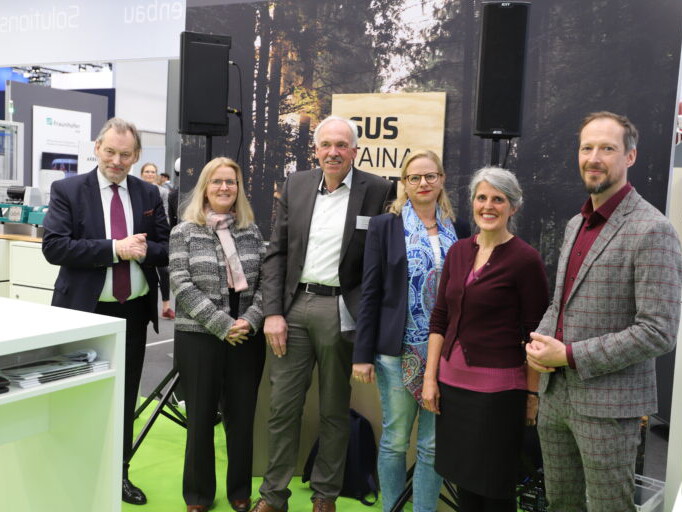
Resources, recycling and climate protection
12th DGAW Science Congress at TU Hamburg
The future of electronics will be circular, as electronics contain valuable resources for the future of industry. This thesis requires new answers to complex questions.
How should electronic equipment be designed to make repair, dismantling and recycling easier? Could ‘product as a service’ be a solution for using fewer resources? What will the business models of the future look like that keep resources in circulation? How should the life cycle be designed so that resources can be reused in new products?
In the dialogue ‘Circular Electronics,’ Prof. Dr. Martin Faulstich, INZIN e.V.; Prof. Dr. Eva Schwenzfeier-Hellkamp, Bielefeld University of Applied Sciences; Lutz Freiberg, Minden-Lübbecke District; Astrid Burschel, WAGO GmbH & Co. KG; Ulrike Künnemann, InnoZent OWL e.V.; Cornelius Laaser, MUNV NRW, and Almut Rademacher, owl maschinenbau e. V., discussed the opportunities and challenges of the transformation to a circular economy in the East Westphalia-Lippe region. The regional dialogue took place on 20 April 2023 at the Hannover Messe trade fair at the OWL Maschinenbau e.V. stand.
The event was organised against the backdrop of the ‘Circular B2B Electronics Exchange Platform’. This initiative is supported by InnoZent OWL e.V., in cooperation with the Mittelstand-Digital Zentrum Ruhr-OWL, Bielefeld University of Applied Sciences / CirQuality OWL and the Ministries for the Environment, Nature Conservation and Transport as well as for Economic Affairs, Industry, Climate Protection and Energy of the State of North Rhine-Westphalia within the framework of the Circular Value Creation NRW Round Table.
Kassel 2023
admin
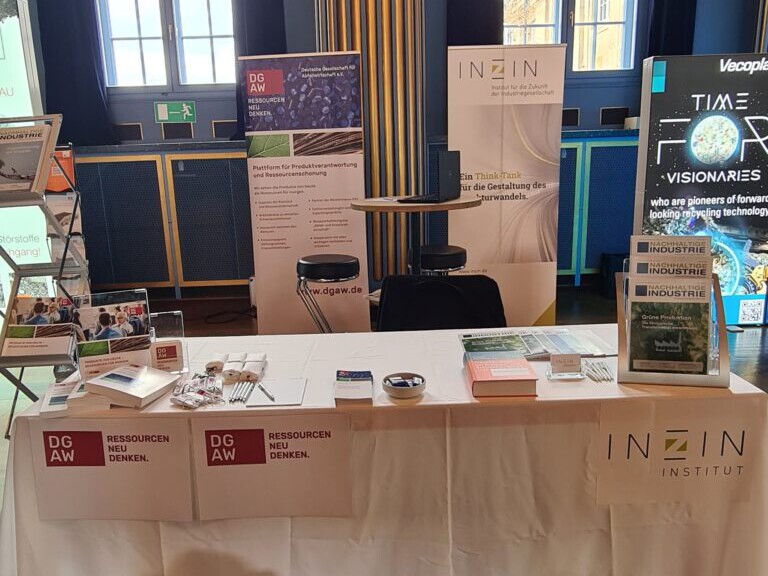
Resources, recycling and climate protection
12th DGAW Science Congress at TU Hamburg
INZIN Institute presented itself at the 34th Kassel Waste and Resources Forum with a joint stand.
From 18 to 20 April 2023, the Witzenhausen Institute hosted the 34th Kassel Waste and Resource Forum as an in-person event at the Kongress Palais Kassel. The event brought together experts from industry, public administration and academia to discuss the future of waste and resource management in Germany.
On the first day of the event, Prof. Dr. Martin Faulstich moderated the lecture block ‘Climate neutrality 2045 and decarbonisation from an economic perspective’. The dialogue participants included:
Andreas Schweitzer, Head of Energy Transformation Concepts & Technology Energy Supply BASF Ludwigshafen
Prof. Dr. Frank H. Lehmann, Site Manager, Kassel Plant, Daimler Truck AG
Gerhard Endemann, Head of Sustainability, German Steel Association, Düsseldorf
Here you will find the programme for the entire event:
programme_waste_forum_2023
Pauline Jegen
admin
Master of Science (M.Sc.), Industrial Engineering
Specialization in Civil Engineering
E-mail: pauline.jegen(at)inzin.de
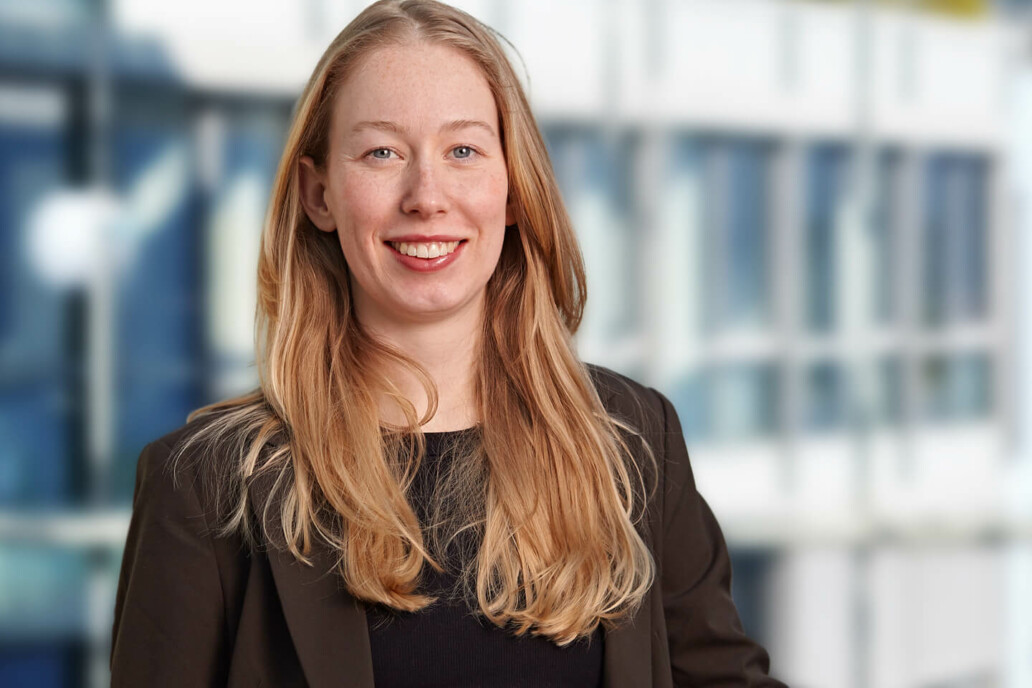
Vita
Pauline Jegen, born in Aachen in 1996, has been a scholarship holder at the INZIN Institute since October 2021 and is funded by Remondis. Ms. Jegen also works as a research assistant at TU Dortmund University.
She previously studied industrial engineering with a specialization in civil engineering at RWTH Aachen University. She focused on the specializations of water management and sustainability and cooperation. During her studies, she gained practical experience in construction management and project management as well as in an engineering office for wastewater management and technical services.
Konstantin Saure
admin
Master of Engineering (M. Eng.)
E-mail: konstantin.saure(at)inzin.de
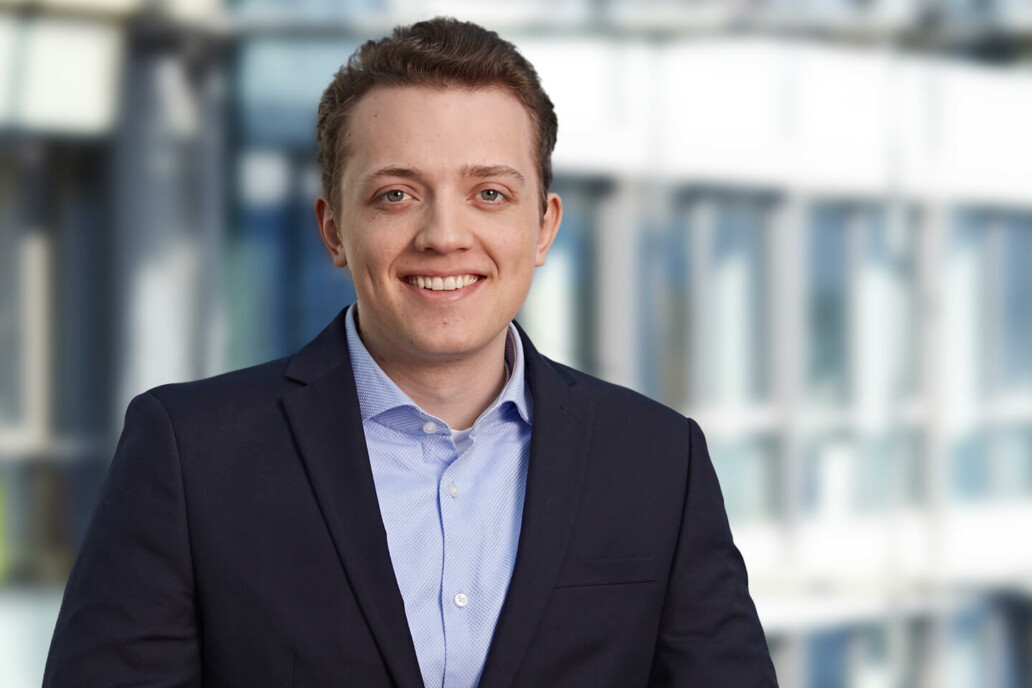
Vita
Konstantin Saure has been a scholarship holder and lecturer at the INZIN Institute since January 2023 and is develops a “Resource strategy for the state capital Düsseldorf” as part of his scholarship at Stadtwerke Düsseldorf. During his Master’s degree, he worked as a research assistant on the state-funded project “WIR!-Bündnis REEgion now – Regionales Wertschöpfungsbündnis Lifelines in NWB”. He completed his Master’s degree in the interdisciplinary course “Energy Efficiency of Technical Systems” at Brandenburg University of Applied Sciences. Prior to this, he completed his Bachelor of Engineering in Mechanical Engineering at the Bonn-Rhein-Sieg University of Applied Sciences.
